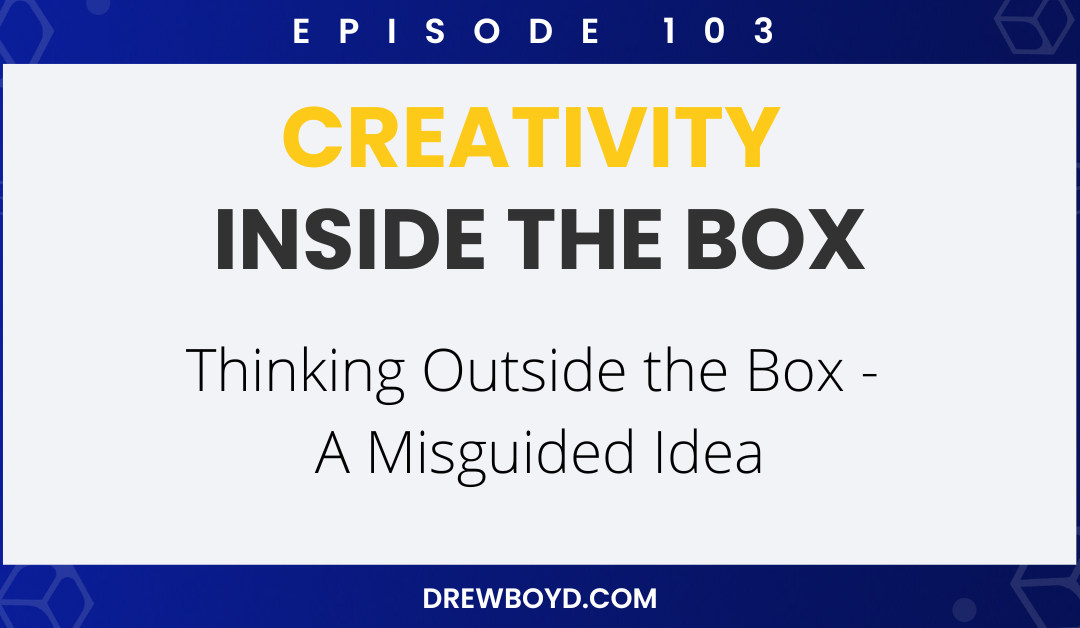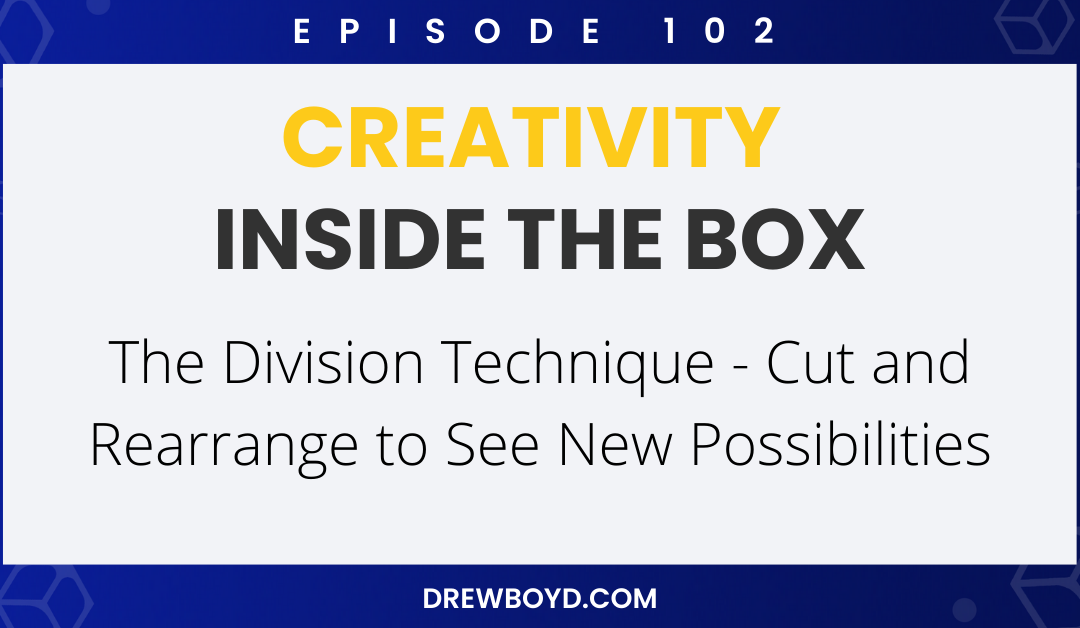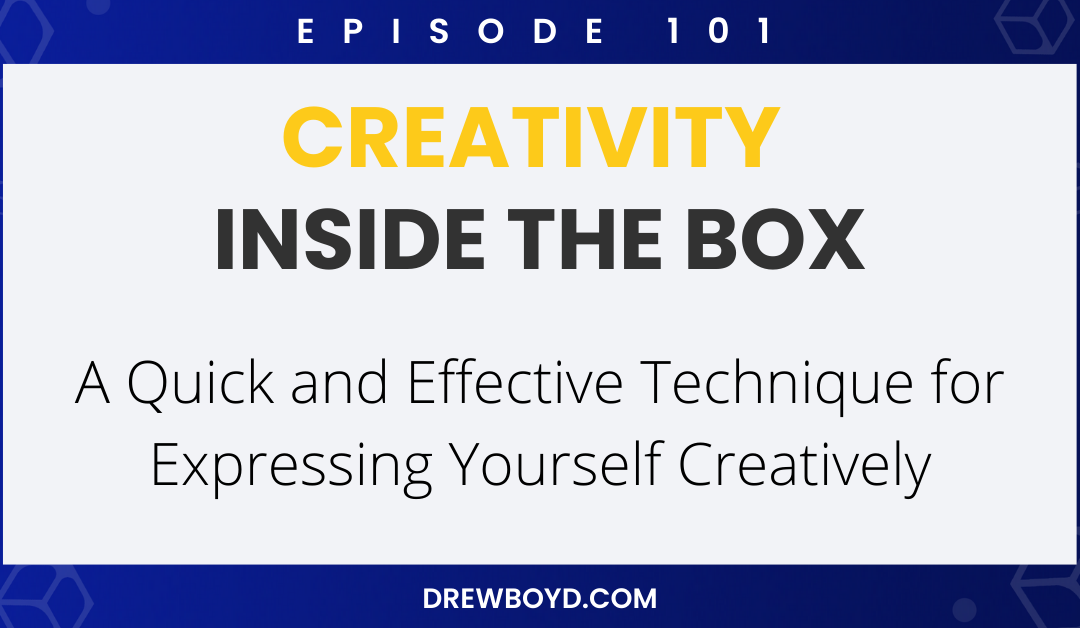For this month’s LAB, we will use this template to innovate new ways of in-store retailing.
Retailers already do a lot of creative things to improve sales. There are the traditional tactics like putting the milk and eggs in the back of the store. But newer approaches are emerging as retailers learn from their online experience
and migrate these ideas to in-store selling practices. Search optimization, for example, applies to a brick and mortar store every bit as much as the online store. Let’s imagine ourselves in the retail sales business such as a grocery story or department store. Further imagine we are planning for an upcoming seasonal selling opportunity such as Halloween. According to the National Retail Federation, the value of all retail sales in the seasonal Halloween category (pumpkins, candy, costumes, decorations) is about $5 billion in the U.S.. While impressive, stores need to constantly think of ways to innovate and grow the top line sales and bottom line profits.
Let’s use Task Unification to create some retail selling innovations. Here is our component list for a retail store (such as Target, a large U.S. chain):
- shopping carts
- cash registers
- scanners
- shopping bags
- aisles
- shelves
- customer service
- sales staff
- products
- customers
- store lighting
- departments
The challenge that we want to address is:
“How do we increase sales in the Halloween category?”
To use Task Unification, we take a component from the list above and give it this “job.” For example: “The aisles have the job of increasing sales of Halloween products.” Now we work backwards to imagine the benefits of this, how it would work, what problems and issues does it present. In other words, we innovate a new way for the aisles of a department store to create stronger sales. The trick is to use each component productively, not just to be different. For example, if we suggested that the lighting in the store would now be orange in color to promote a Halloween theme, this would not pass the test. The lighting in the store actually has to “sell” something or otherwise drive some positive business result.
Even better is when you can fold in the advertising concept called “fusion.” This is when we take a specific message such as a brand theme and incorporate it into the new “job” to be taken on by the component. We fuse the component, its new job, and the message. For example, let’s consider the brand theme of Target: smart consumers seeking value and design…”cheap chic.” Now the store lighting not only illuminates the store, but also has to do it in a way that conveys or reinforces this brand message.




